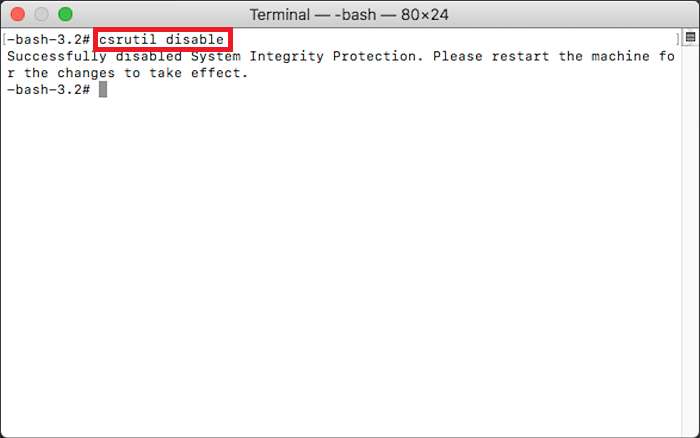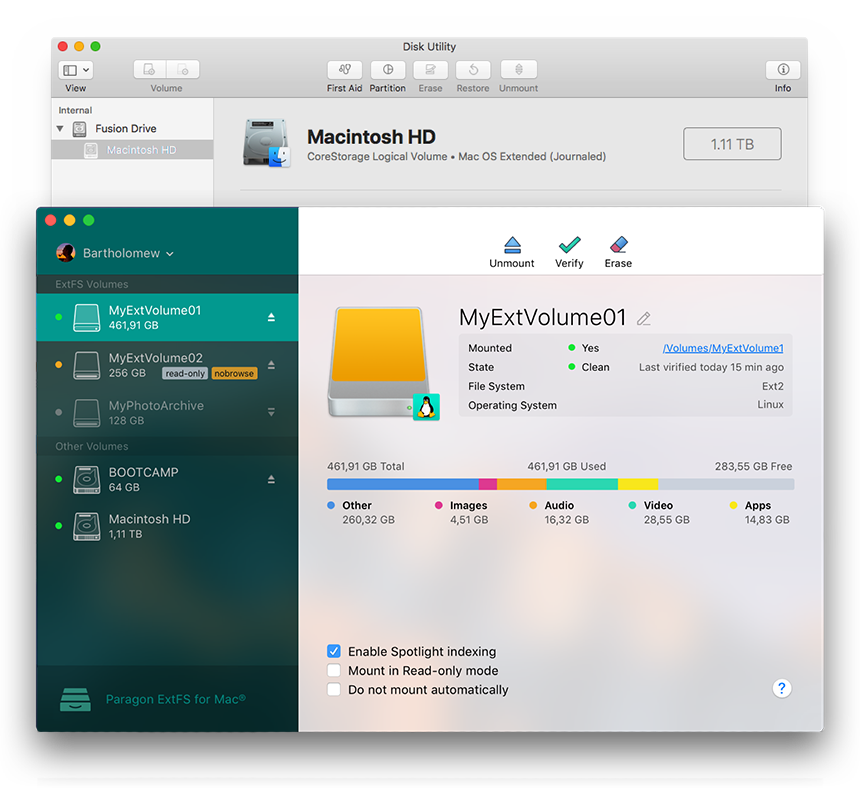

#Brew macfuse how to
I've devised a workaround for this, and it works on Intel Big Sur with Homebrew installed in a non-standard location, but I don't have an M1 Mac, so I can't test it for real. macfuse, macfuse big sur, macfuse ntfs, macfuse vs osxfuse, macfuse uninstall, macfuse ext4, macfuse m1, macfuse how to use, macfuse brew, macfuse apple silicon, macfuse homebrew, macfuse unmount, macfuse safe Far Cry. Homebrew currently filters out /usr/local entirely during M1-based builds.
#Brew macfuse install
You're running Homebrew on an Intel Mac in a non-standard location, so the existing bottles won't install for you.I don't have one, so there are no bottles (for now). Why does Homebrew say I need to build XYZ-mac from source? Why is the XYZ program installed as XYZ-mac?īrew info gromgit/fuse/XYZ-mac and read the Caveats section. To avoid a naming conflict with the formula called XYZ that still exists in Homebrew core. I might not have gotten around to updating it yet.If you know of a revived fork of such software, file an issue with the details and I'll see what can be done. Current XYZ requires libfuse v3, so I found and bottled the last version that requires libfuse v2.I might not have gotten around to getting it up.All available versions of XYZ require version 3 of the libfuse API, but macFUSE only supports v2.If you can't find it under its new name, possible reasons include: It's probably available, but with a -mac suffix to avoid name clashes with Homebrew core (e.g. Documentationīrew help, man brew or check Homebrew's documentation. While the command line is generally for advanced users, if the subject interests you don’t miss browsing through our command line articles here.Note the -mac suffix to the formula name. Terminal offers a broad range of unix tools and handy capabilities that are otherwise tucked under the hood of MacOS. New to Homebrew or just want a lead for some handy packages to try out? Check out some of best Homebrew packages for Mac. Remember if you uninstall Homebrew it will remove all packages associated with the tool, so you’d need to reinstall those again. You might want to reboot the Mac for good measure, but it may not be necessary (recall that rebooting clears tmp files and other caches.

If you’re experiencing errors or quirks from a migrated Intel to Apple Silicon Mac, you may try uninstalling Homebrew and then reinstalling Homebrew, as it seems to resolve these issues:
#Brew macfuse update
Many of the homebrew packages should work, but you may see various rosetta errors like “rosetta error: thread_suspend failed” sometimes, particularly when attempting to update Brew packages. You will want to be sure you have Rosetta 2 installed on the Mac, as not everything is native yet. While Homebrew should work fine on an Apple Silicon Mac, some users may experience issues if they transferred their data from an Intel Mac to an Apple Silicon ARM Mac. Troubleshooting Homebrew on Apple Silicon If you already had Homebrew running on the Apple Silicon Mac but relying on Rosetta 2, you’ll probably want to update homebrew and your packages (and you should do this periodically anyway):Īs noted, not everything supports Apple Silicon yet, and you may still need to use this Terminal workaround to run some x86 packages.


You can check packages on if you’re curious whether or not they have native support for Apple Silicon. Some users may wish to opt-out of Homebrew’s default “Anonymous Aggregate User Behaviour Analytics” tracking, which you can do with the following command after installation:
#Brew macfuse password
Those interested can install Homebrew on an Apple Silicon Mac with the following command issued within Terminal, which is the same as the general Homebrew installation command for modern MacOS releases:Īs usual, you’ll need an admin password to authenticate and complete installation. Alternately, you can run the installer again. If you’re already running Homebrew you should be able to just update the package manager to get the latest version with native Apple Silicon support. It’s quite popular with developers, sysadmins, network admins, infosec, unix and linux fans, and even just the geekier folks among us. For the unfamiliar, Homebrew is an open source package manager that allows advanced users to easily install and run a wide variety of command line tools and apps on the Mac within the Terminal.


 0 kommentar(er)
0 kommentar(er)
